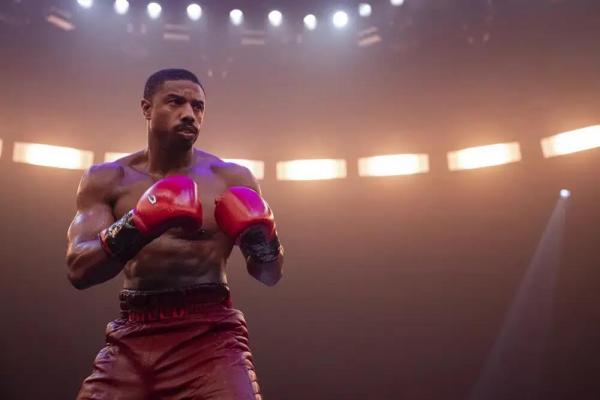Mar 20, 2023
First-time director Jordan has a lot to say about masculinity, particularly Black masculinity. Ultimately, Creed III offers a hopeful vision of a future for Black men that doesn’t live in the shadow of white supremacy.
Read the Full Article

Already a subscriber? Login
